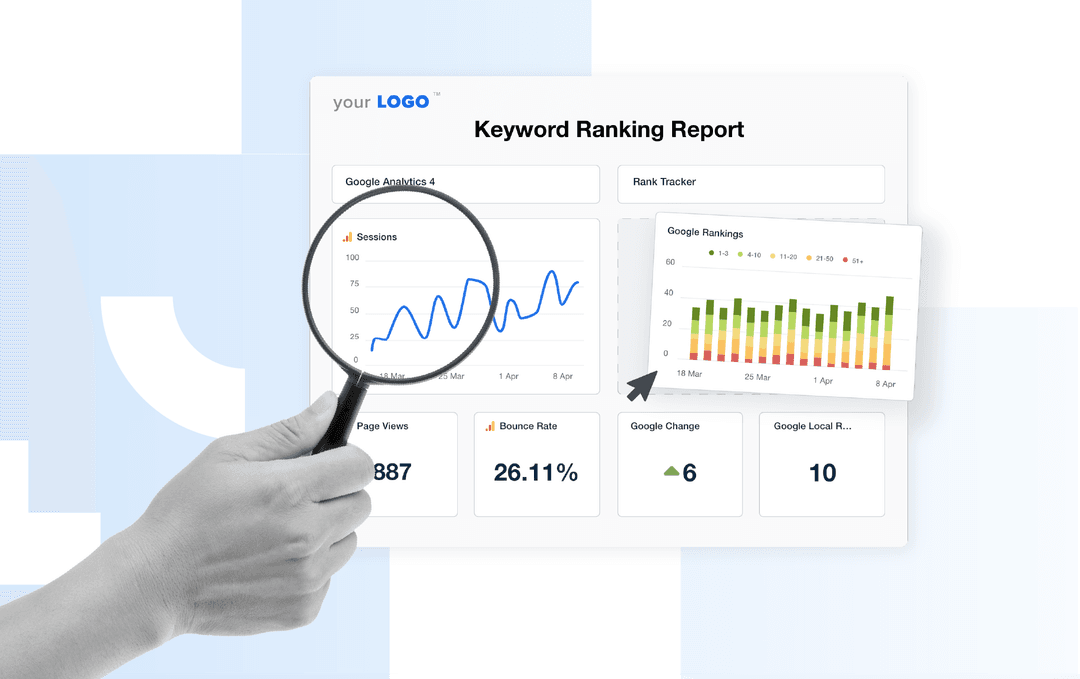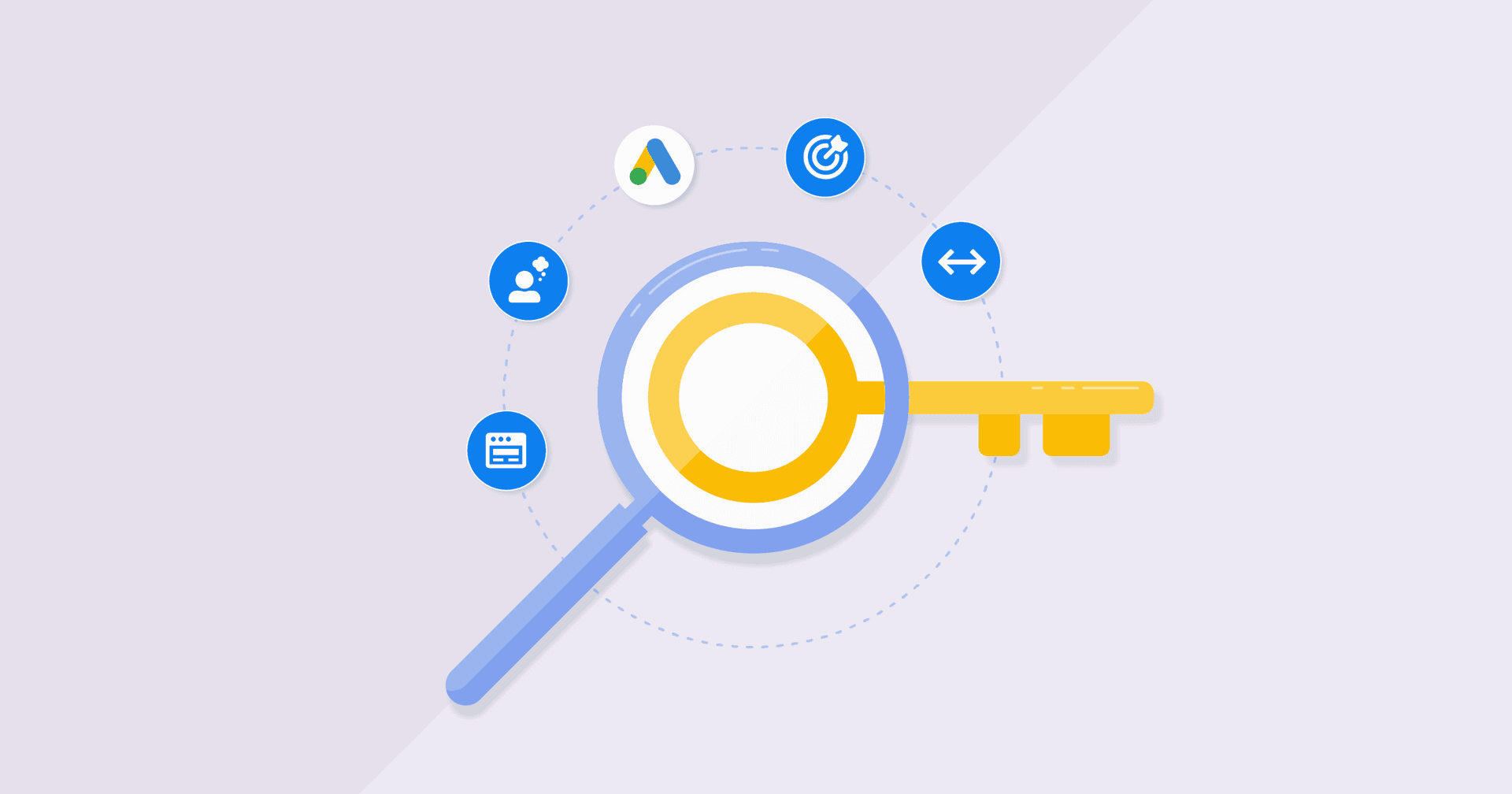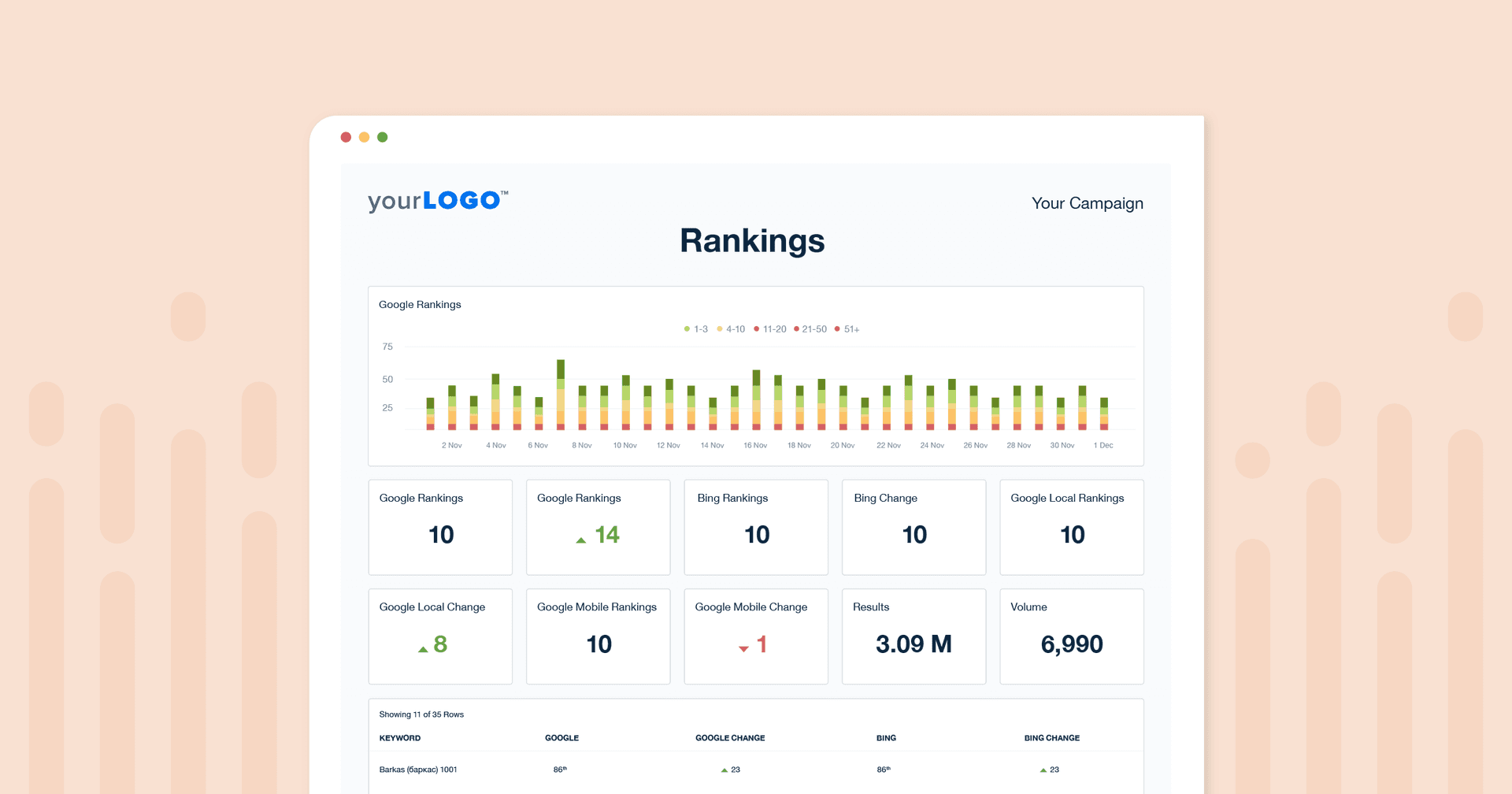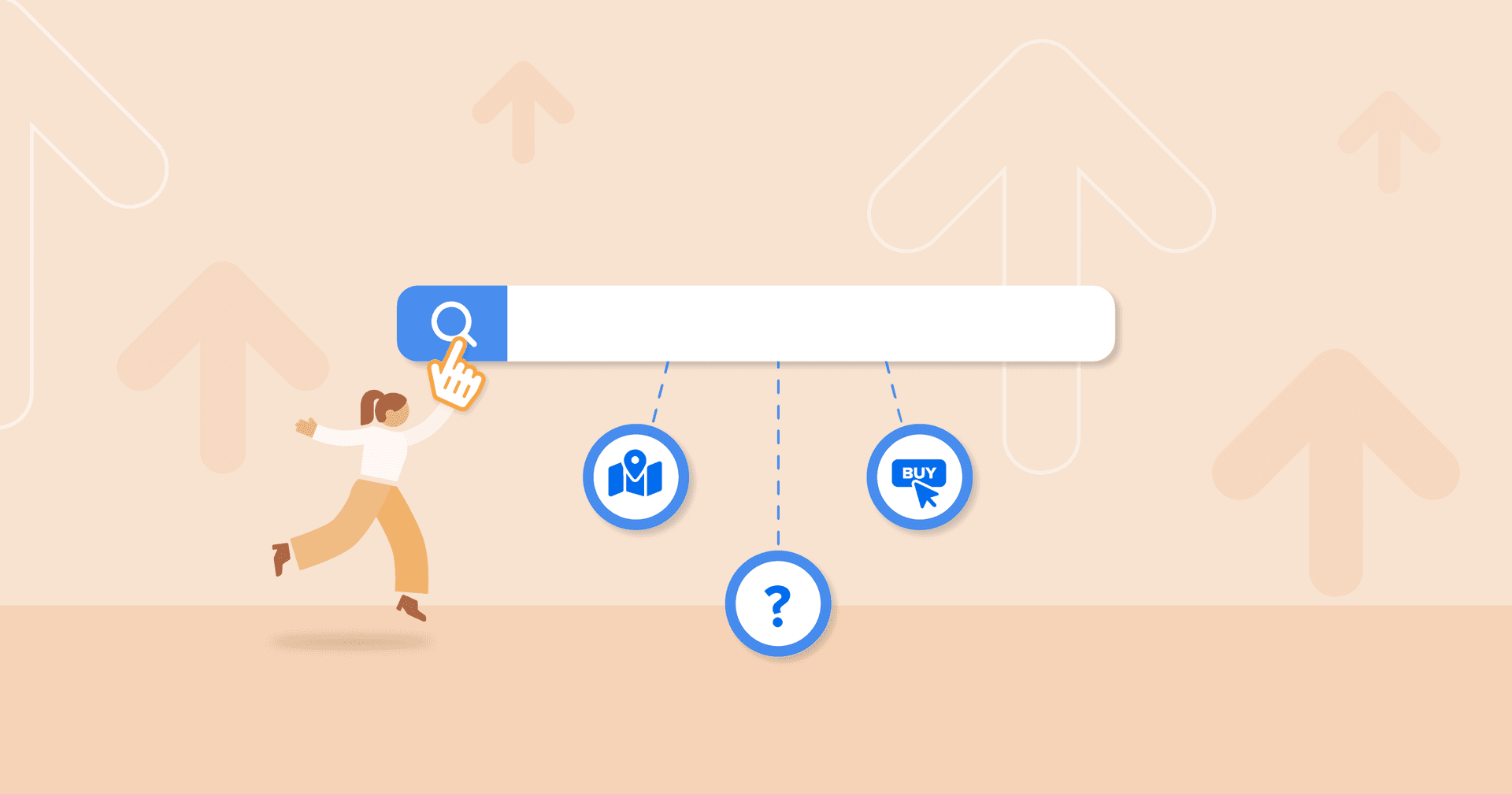Table of Contents
QUICK SUMMARY:
Keyword monitoring is an SEO tactic that involves tracking a website's position in search results for specific keywords. This process offers real-time insights into the effectiveness of SEO strategies and highlights areas for improvement. It’s essential for managing multiple clients, automating data-tracking, and ensuring precise and up-to-date data. Learn how to deliver outstanding results to keep your clients ahead of the competition.
Ranking on page one of Google is still one of the most valuable wins in SEO.
Even with AI-generated summaries pushing organic results further down, those top spots are still essential for building authority and driving traffic. Plus, keyword-optimized content also has a better chance of appearing in featured snippets, AI overviews, and other prominent SERP features.
To achieve search visibility, though, your agency needs a way to constantly monitor target keywords. And let’s be real–it gets very time-consuming if you’re doing this by hand, especially when there are more pressing things to do (like scaling your agency).
That’s where a keyword monitoring tool comes in. It automatically scans search results, surfaces top-performing keywords, shows critical rank changes, and highlights new opportunities. With this data in hand, you’ll be able to refine SEO strategies, prove ROI to clients, and keep content visible where it matters most.
In this guide, we’ll explore why this type of tool is well worth the investment. We’ll also share details on how to set up keyword tracking, along with top-recommended tools to streamline the process.
What is keyword monitoring?
Keyword monitoring tracks the position of webpages or websites in search engines for specific keywords. It’s a way to understand user intent, uncover relevant terms, and create content that performs well on search results. By doing this research, you’ll show clients how their SEO strategies are working over time and whether adjustments are needed. In a nutshell, consistent keyword monitoring will:
Show measurable ROI: Track ranking history and highlight any key improvements to show the effect of your agency’s SEO efforts.
Identify opportunities: Spot new trends or declining performance early to adjust strategy.
Enhance client retention: Provide ongoing and proactive recommendations, which keeps clients invested.
Improve AI visibility in search results: Content that remains optimized for user search queries is more likely to surface in AI-driven summaries.
Here’s something to note: While there is a significant amount of effort that goes into the process of keyword research, there’s also work to be done after content is published. Over time, users may use different terms, shift how they phrase queries, or even change the intent behind their searches.
By making keyword monitoring a regular exercise, you’ll be able to quickly adapt to these changes, keep content fresh, and maintain search visibility.
Benefits of using a keyword monitoring tool
Regardless of how many keywords your agency is monitoring, manually tracking each client’s search position is virtually impossible. Think about it—there’s constant fluctuation in rankings across search engines, devices, and locations. That means it could take countless hours to compile, cross-check, and analyze this data.
Instead, a keyword monitoring tool automates this entire process, produces accurate data, and reduces the chance of human error. Here are the top seven reasons why it’s worth the investment.
1. Real-time tracking
Search rankings could shift daily—or even hourly—based on algorithm updates, competitor activity, or changes in user behavior. With real-time keyword tracking, your agency always has the most up-to-date data at hand. Quickly identify ranking drops, capitalize on upward trends, and adjust strategies before small changes become major setbacks.
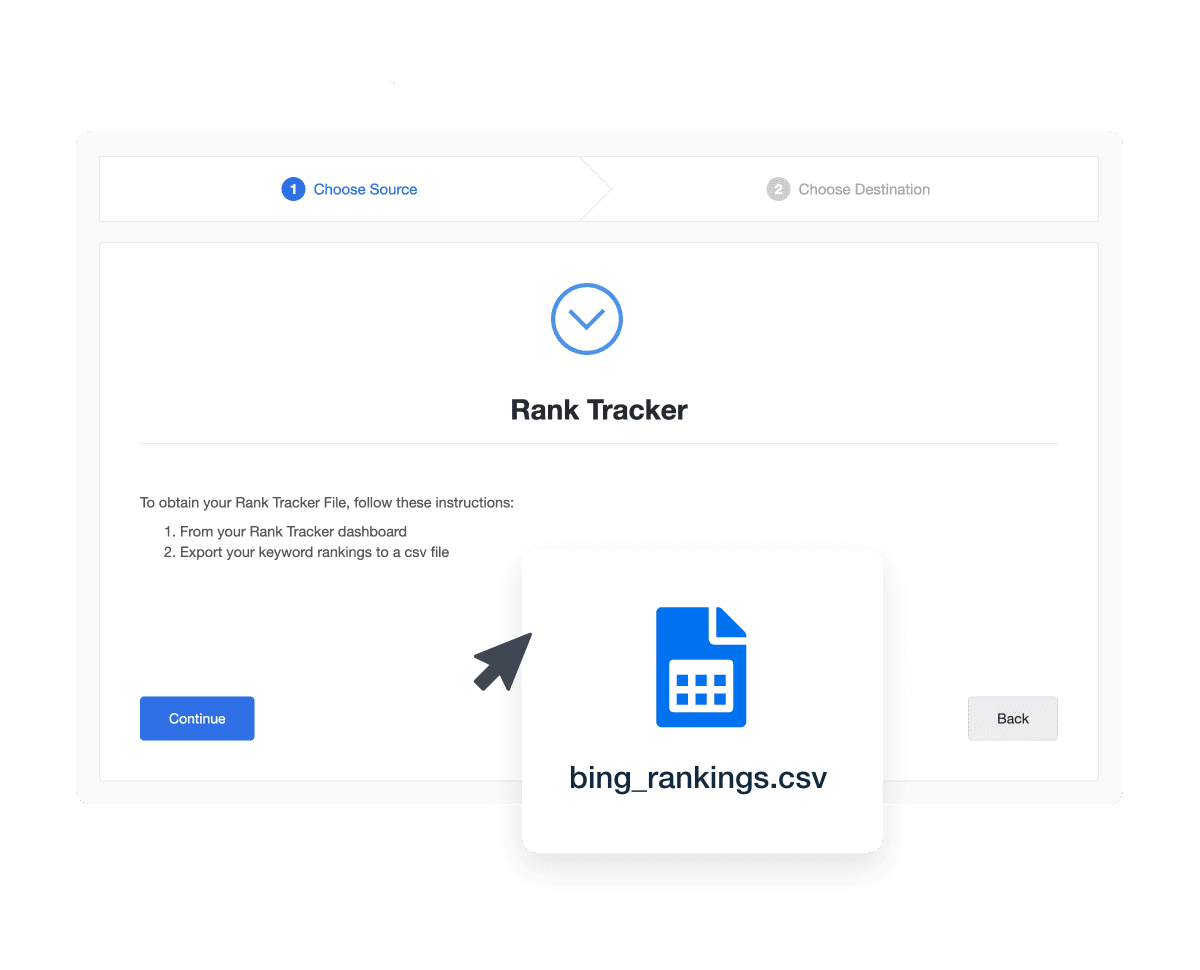
Easily switch to AgencyAnalytics from other rank tracking tools by importing historical Google and Bing data. Deliver professional white-labeled reports and dashboards–start your free 14-day trial.
2. Accurate overview without search personalization
Personalization has become a core aspect of online experiences. Factors like browsing history, location, and individual preferences shape what each user sees, creating a unique set of search results for every person.
While this might seem like a boon for users, it poses a distinct challenge when assessing a client’s online visibility. Keyword monitoring tools solve this challenge by providing unbiased ranking data, giving your agency a more accurate view of how clients are performing in search results.
3. Geo-specific insights
With the rise of “near me” searches, local SEO has become essential for driving visibility and conversions. As a result, agencies must track how keywords perform in specific regions, not just on a national or global scale.
Keyword monitoring tools make this possible by tracking performance across precise geographic locations. This allows your agency to pinpoint where SEO strategies are thriving and whether improvements are needed. That way, you’ll be better positioned to craft data-driven strategies that boost local visibility, drive qualified traffic, and fuel business growth.
For local SEO, the aim is to ensure that people nearby know about the business and ultimately purchase from it. Brand awareness, engagement, and sales are very important to these clients. To translate that into a business context, we use the following metrics: Website clicks/views and calls from their Google Business Profile page, and local search ranking/listing visibility.
Michelle van Blerck, Communications Manager, Digital Freak
Quickly add keyword data to a rankings report or SEO dashboard. Highlight your agency’s efforts and streamline keyword monitoring with AgencyAnalytics–try it free for 14 days.
4. Content optimization
A keyword monitoring tool will reveal how people search within a client’s industry. For example, maybe there’s a specific topic with rising search volume. On the other hand, there could be an important term where competitors are outranking your client.
Uncovering this data supports the creation of high-value articles, blogs, and landing pages that align closely with user intent. And with search engines now surfacing AI-generated results, standing out has become even more critical. It’s now important to anticipate user questions and include clear FAQ-style content that directly addresses them. Keyword-optimized content is more likely to be pulled into this prime SERP real estate, which leads to greater visibility and traction.
5. PPC campaign optimization
Beyond SEO, keyword monitoring also provides valuable insights that can boost PPC performance. By tracking how keywords perform organically, you’ll gain a clearer picture of which terms are worth paying for in ad campaigns.
Consider the following:
Say a keyword consistently ranks at the top of organic search. In this scenario, PPC spend on that same term might be reduced to free up budget for other opportunities.
On the other hand, if an important term is underperforming in SEO, running PPC ads ensures the client still captures traffic while organic rankings improve.
If a client is running both SEO and PPC efforts, pair a keyword monitoring tool with a PPC platform such as Google Ads or Microsoft Ads. Comparing performance side by side gives clients a transparent view of how paid and organic search efforts complement each other.
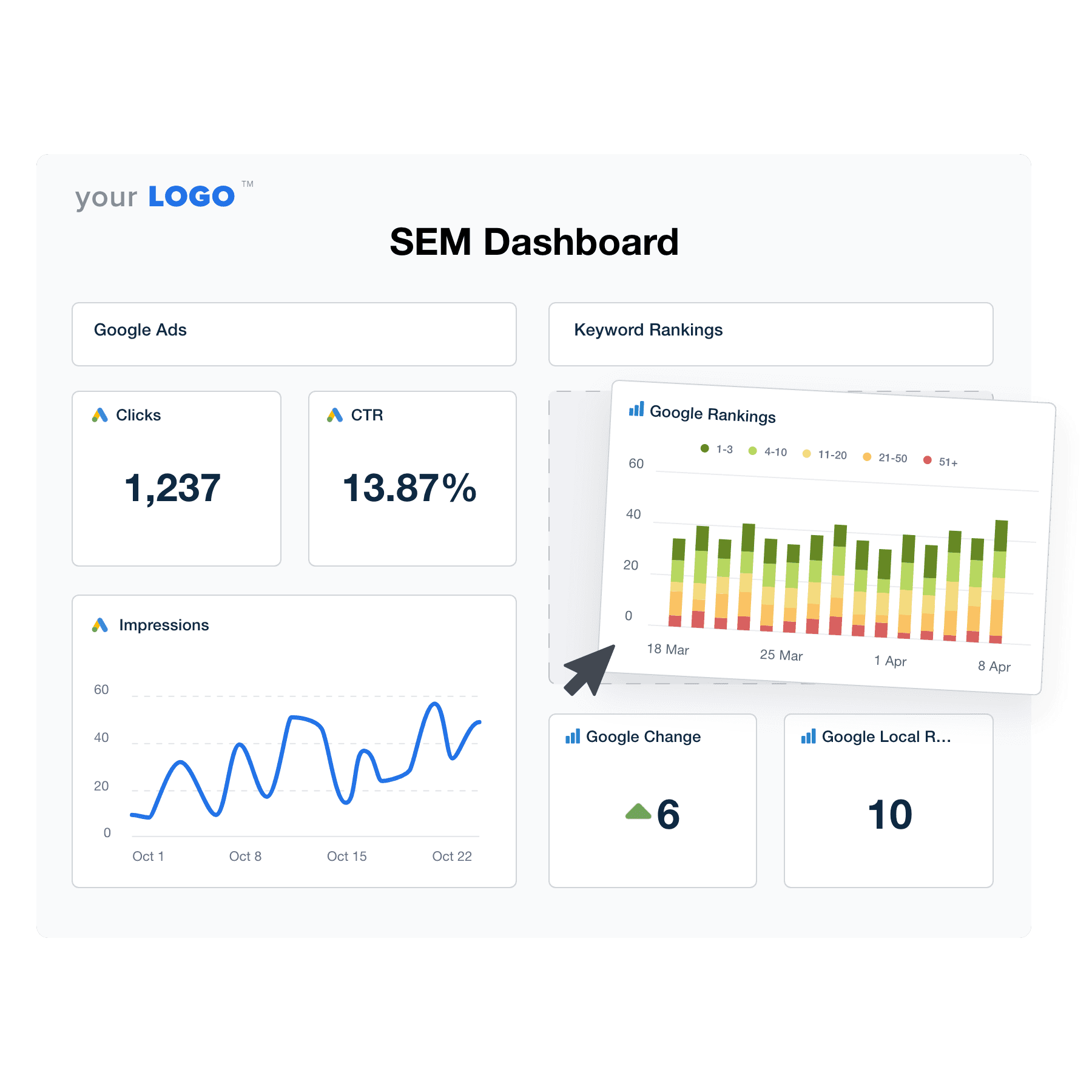
Try the SEM reporting tool built specifically for marketing agencies. Consolidate data across 80+ platforms without data crashes or glitches–explore AgencyAnalytics, free for 14 days.
6. Competitor analysis
Keyword monitoring tools reveal how competitors rank for important search terms and where they’re gaining visibility. This makes it easier to:
Identify missed opportunities: See which high-value keywords drive traffic to competitor sites but aren’t currently targeted by your client. These gaps highlight areas to expand content or campaigns.
Strengthen competitive keywords: Track terms where competitors outrank your client and use the data to improve content quality, optimize targeting, or adjust bids.
Monitor strategy shifts: Stay aware of new keywords competitors start targeting or terms they deprioritize, creating openings to capture additional market share.
By turning competitor keyword data into actionable insights, you’ll keep clients ahead–both in paid and organic search results.
7. Reporting and client communication
After putting in the work to monitor keywords, it’s important to communicate those findings and results to clients. That’s where a dedicated keyword report comes in. It’s a way to present results in a digestible way, show keyword trends over time, and present actionable recommendations.
To maximize time, it’s a good idea to use a pre-built keyword report template. It reduces repetitive manual work, ensures consistency across clients, and makes it easy to deliver polished reports on a regular schedule.
The keyword ranking report in AgencyAnalytics allows us to keep a really good pulse on our campaign's visibility in Google search.
David Friedman, Technical SEO Manager, PaperStreet Web Design
How to monitor keyword rankings
Every client is unique, so it's important to tailor strategies to their specific needs and adjust them over time as needed. Not sure where to begin? Here’s a general outline to follow.
Step 1: Understand campaign goals and objectives
Start by having a thorough discussion with your client to understand their business goals and what they want to achieve. For example, this may include:
Driving more qualified leads through organic search.
Increasing visibility for specific products or services.
Strengthening brand awareness in a competitive niche.
Supporting a product launch with targeted keyword campaigns.
This helps your agency to align the overall SEO strategy with the client’s expectations.
Step 2: Define key performance indicators (KPIs)
Work with your client to define specific KPIs. Building on our first point, here are some common goals and examples of corresponding SEO KPIs.
Goal | Example KPI |
|---|---|
Driving more qualified leads | Conversions, form submissions, phone calls from organic traffic. |
Increasing visibility for products or services | Keyword rankings and impressions for targeted product/service terms. |
Strengthening brand awareness | Growth in overall search visibility or branded search volume. |
Supporting a product launch | Ranking improvements and traffic for launch-related keywords. |
This step is arguably the most important, as it ties your work to measurable business outcomes.
Step 3: Identify relevant keywords
Once goals and KPIs are defined, pinpoint the keywords that matter most. To get started, use a dedicated keyword tool to:
Find terms that your client’s audience is actively searching for. Focus on a mix of high-volume, competitive phrases and long-tail keywords.
Uncover other keywords that align with the client’s products, services, and audience. For example, say a client is marketing eco-friendly cleaning products. They may want to target broader terms like “natural cleaning supplies” alongside long-tail queries such as “best non-toxic kitchen cleaner.”
It’s also a good idea to review the SERPs and see what content is ranking. This gives context on user intent, the type of content search engines favor for that term, and whether the keyword is worth pursuing.
Another great and often overlooked tool is Google itself. Type your keyword into Google and see what comes up. What are the high-ranking websites talking about on their sites? Do YouTube videos come up in search? What content do they have? Also, look at the 'people also ask' section in Google, as this will give great insight into what topics are relevant.
Will Mullins, SEO Specialist, Will Mullins Search Engine Optimisation Services
Step 4: Set up keyword tracking
After defining KPIs, configure your chosen keyword ranking tool and begin tracking the selected terms. Generally, this involves adding the target keywords, choosing the search engines, and setting the desired locations and languages. Many tools also allow keywords to be organized by theme, campaign, or priority.
Once added, the keywords will populate in a rankings table, typically with an initial loading phase as the first results are fetched. Remember that SERP tracking can fluctuate due to variables like personalization, location, and device type, so results should always be interpreted in context.
If you’re tracking keywords alongside other efforts (like social media, email, and PPC), it’s a good idea to use a reporting tool like AgencyAnalytics to consolidate those insights. To get you up and running quickly, check out this help guide on adding keywords for SERP tracking.
Step 5: Track and analyze keyword performance
As a best practice, consistently monitor keyword rankings to understand how campaigns are performing. Look beyond current positions to analyze movement over time, shifts in search volume, and the impact on organic traffic. These insights show what’s working, where performance is slipping, and which opportunities to prioritize next.
Other important metrics to track include:
Interactions: Traffic matters, but actions matter more. Depending on the client’s goals, this could mean tracking completed appointment forms, downloads, or purchases.
Click-through rate and bounce rate: Low CTR or high bounce rates may signal a mismatch between keywords and user expectations. Strong alignment ensures visitors find what they’re looking for without leaving to search elsewhere.
Geographic location: For local SEO clients, track keyword performance by location to ensure campaigns reach the right audience. Traffic from outside the service area won’t always convert, which could affect overall results.
Look for patterns in these metrics to identify opportunities, troubleshoot drops in rankings, and refine the overall SEO strategy.
Agency Tip: Tag keywords by page, campaign, or topic to see how any updates affect search rankings over time (e.g., refreshing a blog post).
Step 6: Generate regular keyword monitoring reports
Deliver reports that clearly show keyword rankings over time and overall performance. Use visuals like charts and trend lines to highlight progress and include the metrics that matter most to each client.
Also, tailor the reports to client priorities, whether that’s conversions, visibility, or local rankings. This ensures that clients will easily understand their overall SEO progress.
Keyword ranking is usually the most impactful, and clients want to see this number continually move up or remain steady in a high position.
Bec Moloney, Senior Account Manager, Redsteps Consulting
Step 7: Provide insights and recommendations
Along with your keyword reports, offer your clients valuable insights and recommendations based on the data. This could include:
Highlighting underperforming keywords to target with fresh content
Identifying new search opportunities to expand visibility.
Suggesting technical fixes that could improve rankings.
Recommending a backlink-building strategy to boost their credibility and search rankings.
By taking this proactive approach, you’ll show clients how to improve performance (and why you’re the best choice for the job).
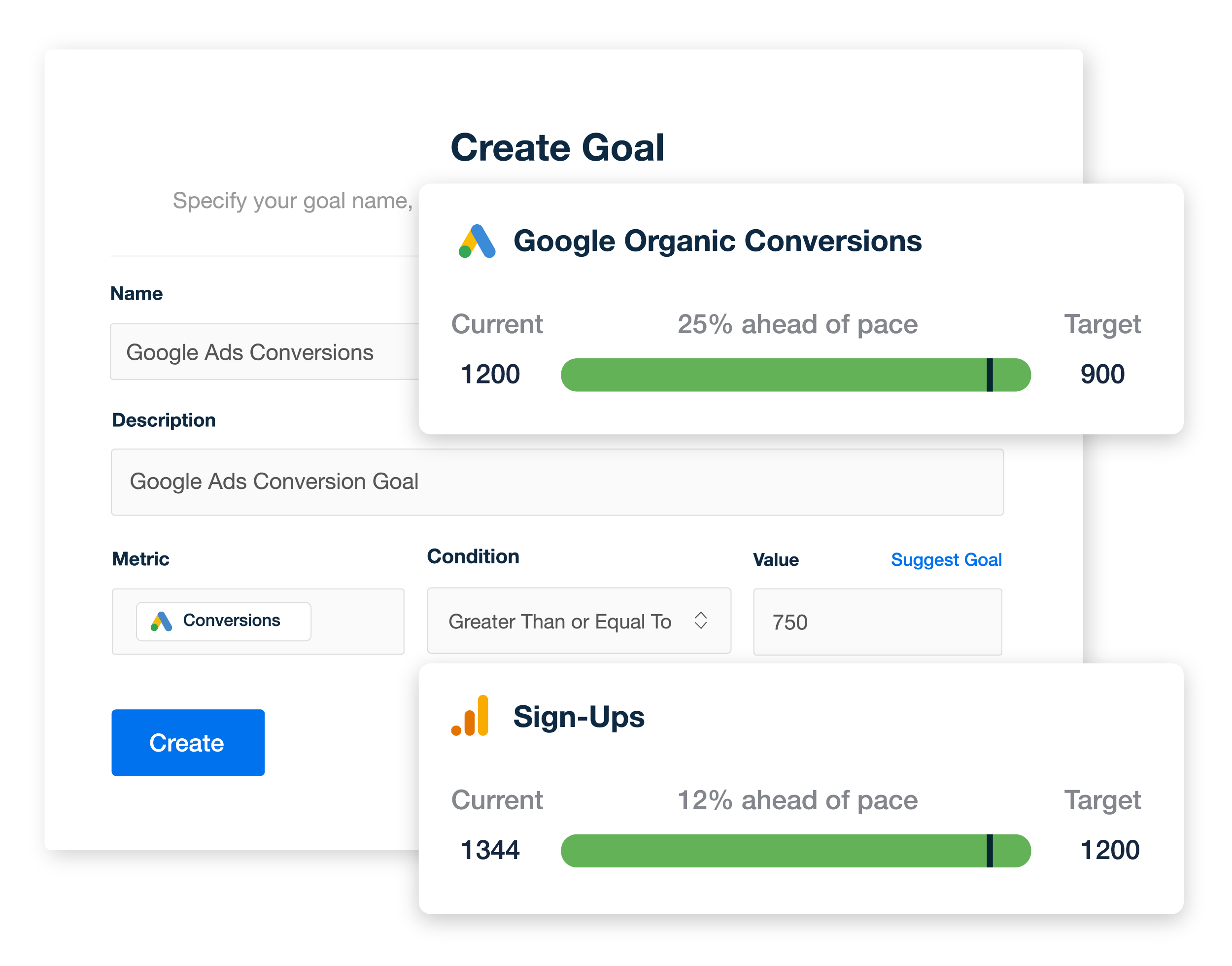
Monitor dynamic goal progress and show clients whether their campaigns are on target. Try this feature in AgencyAnalytics–sign up for a free 14-day trial today.
Best keyword monitoring tools in 2026
The right keyword monitoring tool is essential for tracking rankings, spotting opportunities, and proving ROI to clients. Below are our top-recommended solutions, along with key features and pricing.
Moz Pro: Best for comprehensive keyword and SEO performance tracking
Moz Pro is a popular SEO platform widely used by agencies to monitor keyword performance and strengthen search strategies. Its keyword tracking feature provides detailed ranking data, search visibility insights, and competitor comparisons.
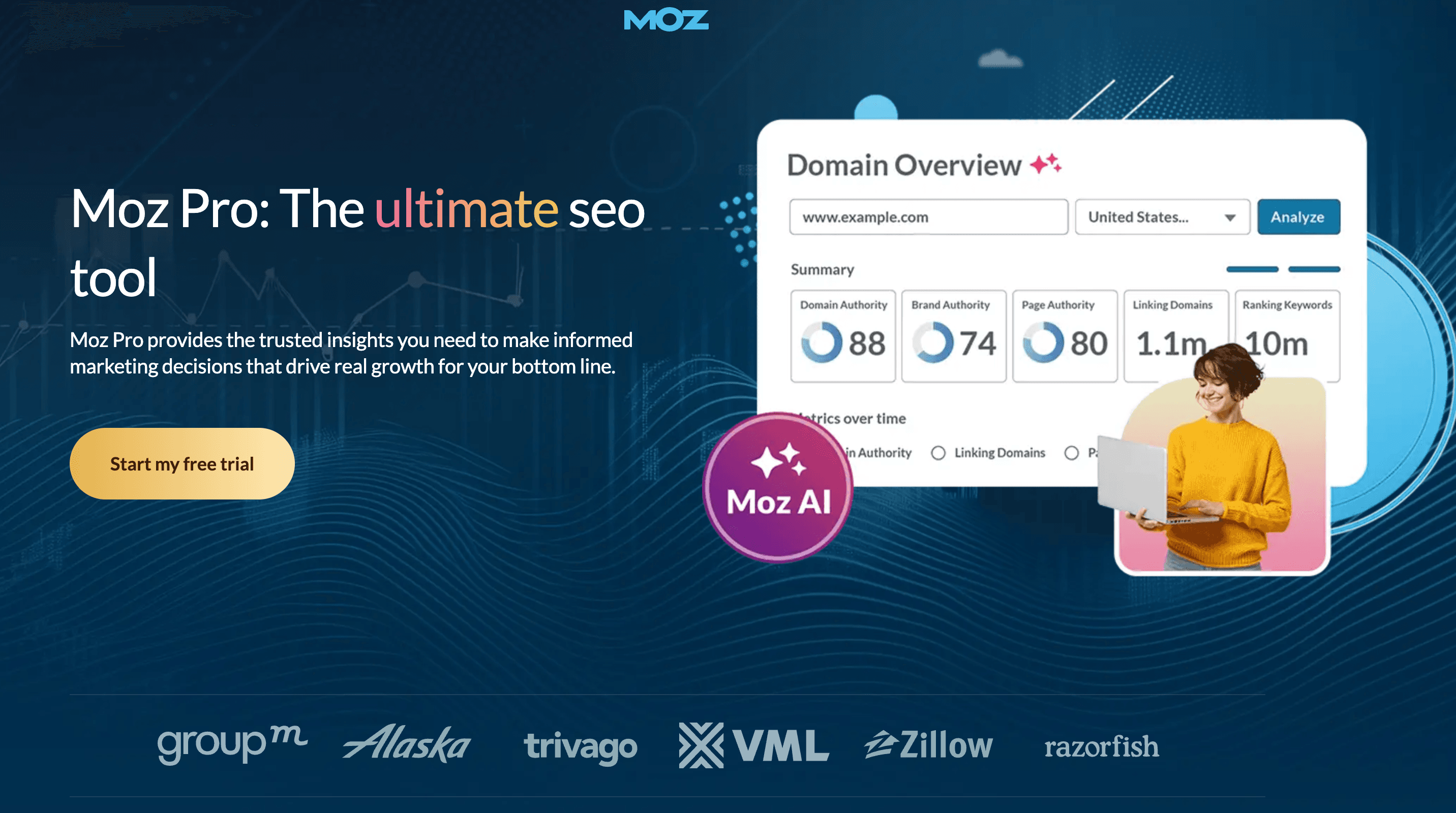
Moz Pro top features
Keyword rank tracking and SERP analysis: Monitor keyword positions across search engines and track changes in search visibility.
Keyword difficulty and volume metrics: Evaluate how hard it is to rank for a term and prioritize keywords with the best traffic potential.
Site audits: Identify technical SEO issues like broken links, crawl errors, and on-page optimization gaps.
Pricing
Their Standard plan starts from $99/month, with tiers based on the number of keywords, campaigns, and advanced features included.
Agency Tip: For more comprehensive reporting, many agencies pair Moz Pro with AgencyAnalytics. Use this integration to deliver in-depth backlink insights, customize dashboards, and track other SEO analytics.
Ahrefs: Best for keyword research and competitor analysis
Ahrefs is a powerful all-in-one SEO platform that includes keyword tracking, detailed competitor analysis, and robust keyword research. It provides valuable insights into keyword rankings, search volume, and difficulty scores.
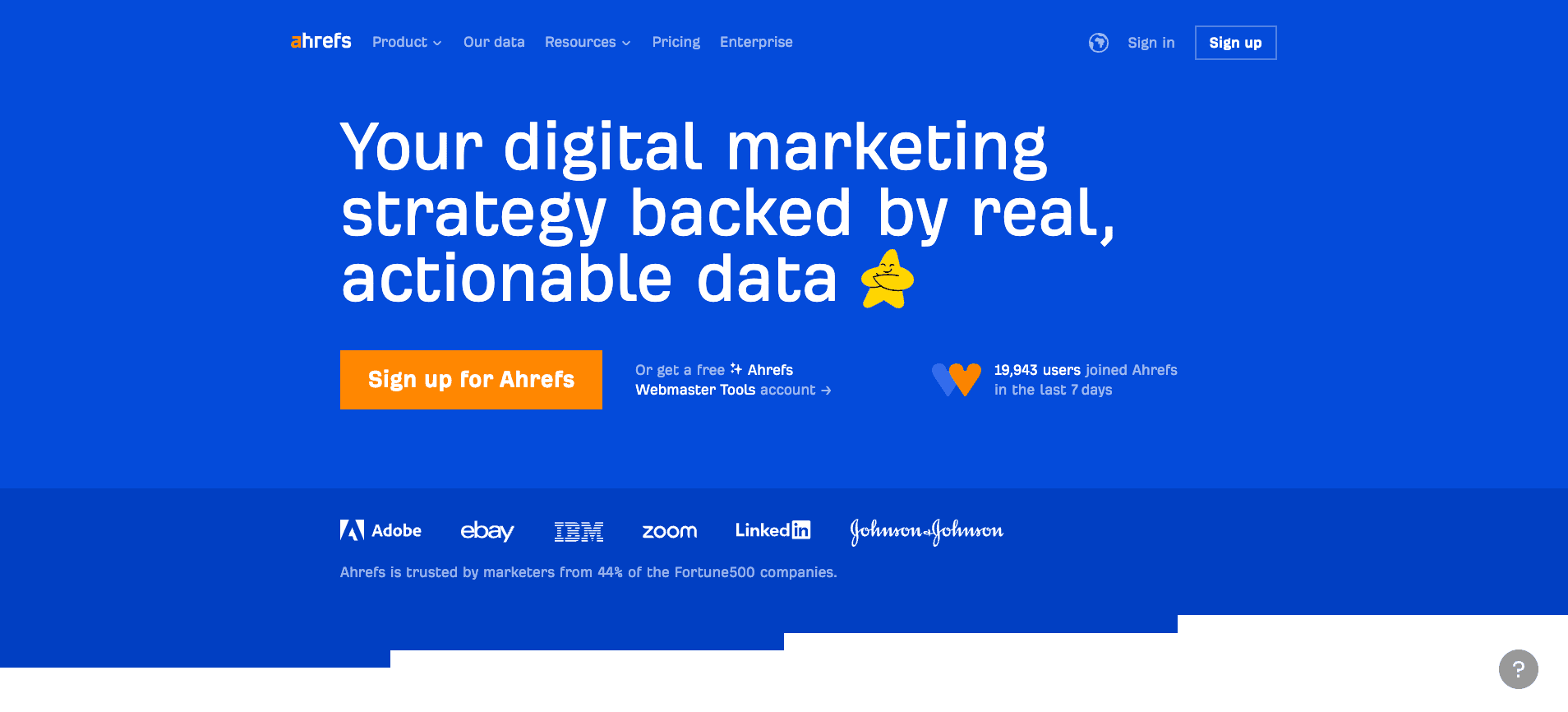
Ahrefs top features
Site Explorer: Analyze a domain’s organic & AI traffic, backlink profile, top pages, and paid keywords.
Keyword research: Access rankings, search volume, keyword difficulty, related keyword suggestions, and competitive analysis insights.
Backlink analysis: Use one of the largest backlink indexes to monitor new, lost, and referring domains.
Pricing
Ahrefs’ Lite plan starts from $129/month, with higher tiers offering expanded keyword, backlink, and website crawl limits.
Agency Tip: When Ahrefs is integrated with AgencyAnalytics, it’s easy to seamlessly view backlink data alongside insights from 80+ platforms. This will give clients a complete, holistic view of their SEO performance.
Semrush: Best for position tracking and competitive keyword research
Semrush is a leading SEO platform known for its accurate position tracking and wide range of research tools. With its large dataset, Semrush helps scale your clients’ SEO over time, making it easy to discover keyword opportunities, audit sites for technical issues, and analyze backlink profiles.
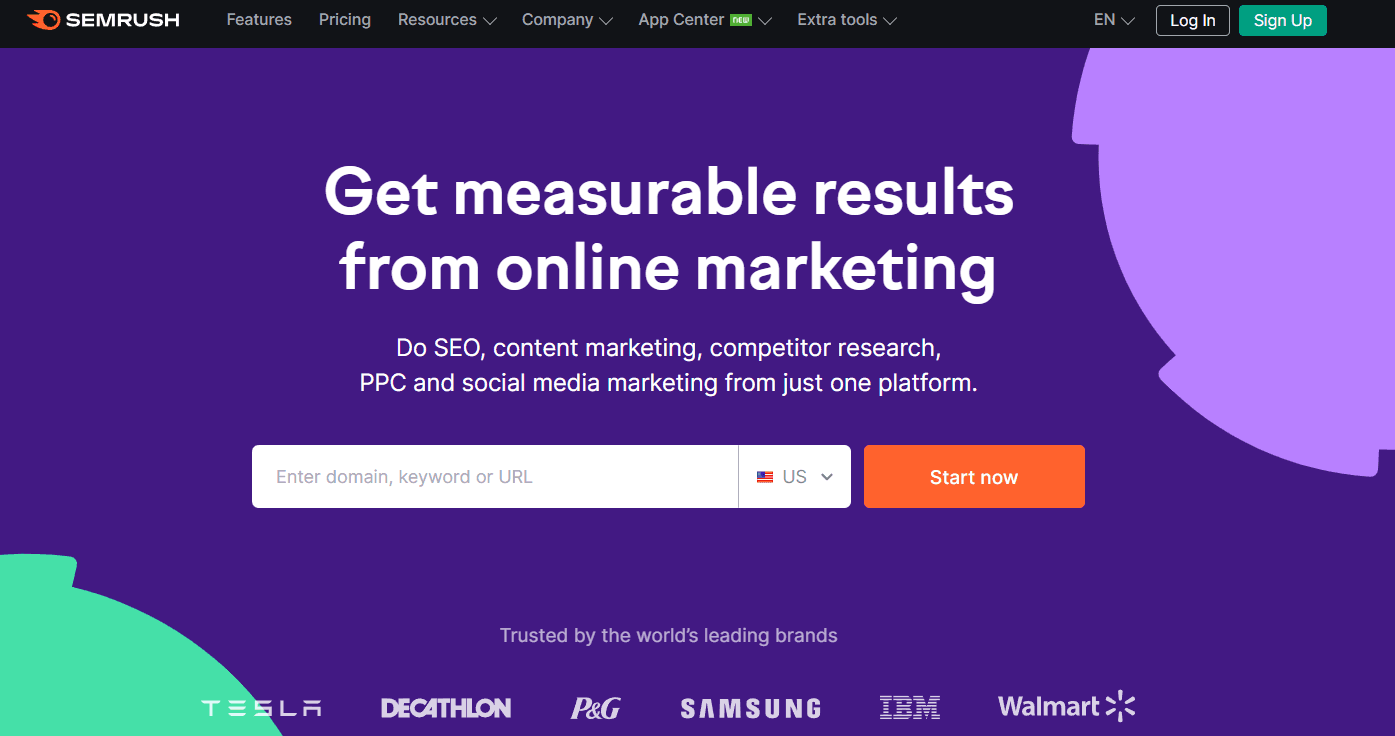
Semrush top features
Position tracking: Monitor important keywords and measure brand visibility against competitors.
Competitor-based keyword research: Discover new opportunities by analyzing competitor URLs and identifying high-performing terms.
SERP feature tracking: Track visibility in SERP features, including AI Overviews, featured snippets, local packs, and knowledge panels.
Pricing
Semrush’s Business plan is most suitable for growing agencies, which starts at $499.95/month. There are also add-ons for more user profiles and additional base reports (outside of the three included with this plan). Custom pricing for enterprise plans is available upon request.
Agency Tip: Use the Semrush integration in AgencyAnalytics to pull data on backlink references, referring domains, referring IPs, and top search keywords.
AgencyAnalytics: Best for all-in-one client reporting
AgencyAnalytics is an all-in-one reporting tool with a dedicated Rank Tracker, offering key updates on keyword positions across Google (desktop, mobile, and Local) and Bing.
This Semrush alternative provides simple, visual reporting that makes keyword data easy for both teams and clients to understand. With support for multiple locations and languages, it’s particularly effective for local SEO campaigns. It's also a great tool for tracking SEM metrics, if that's something your clients are focused on.
We use AgencyAnalytics’ keyword ranking integration the most. Our team & clients love how easy it is to understand, alongside the ease to add new keywords if needed.
Guy Hudson, Founder, Bespoke Marketing Plans
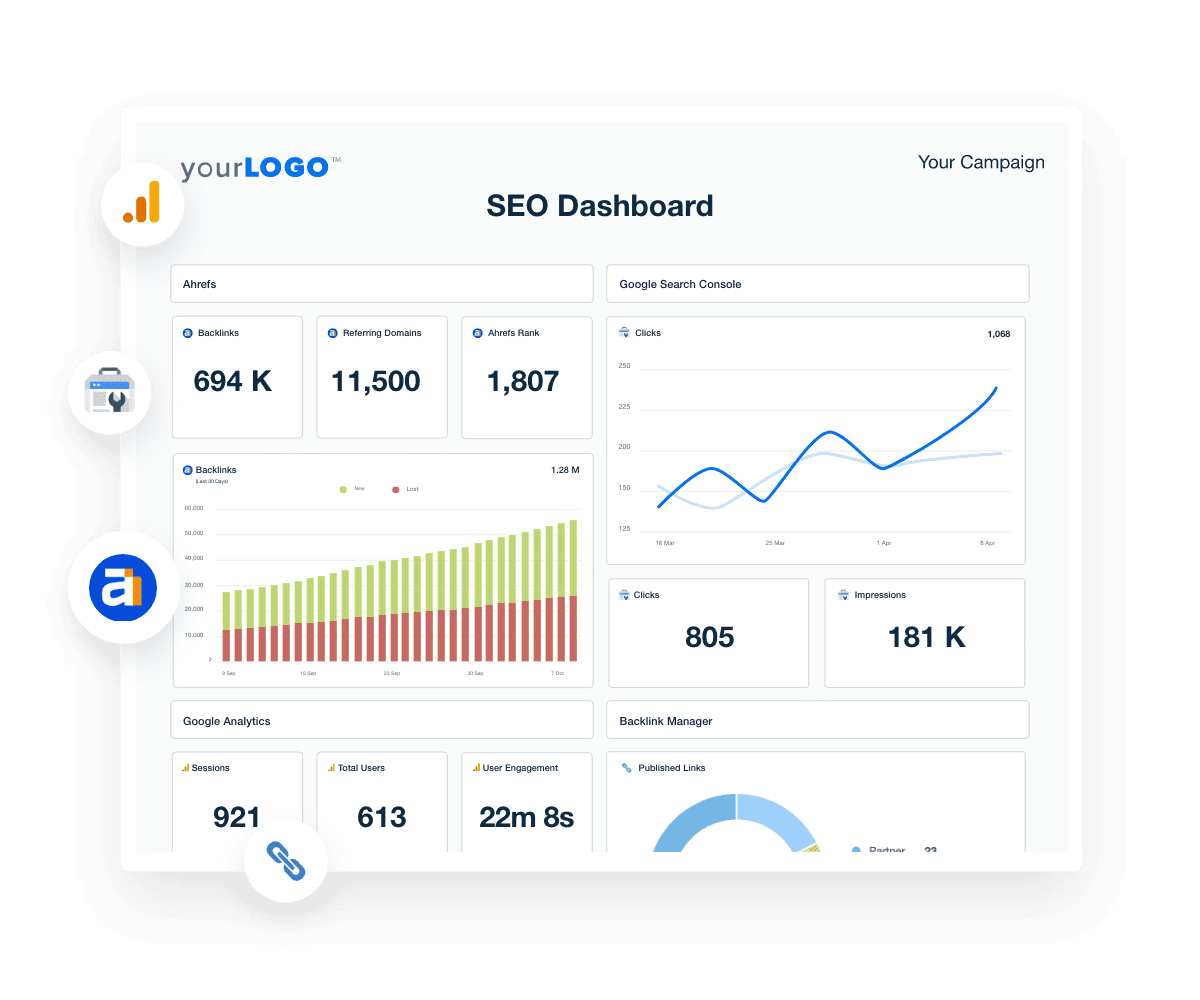
AgencyAnalytics top features
Local rank tracking: Monitor keywords across multiple locations and languages. Track data from Google Business Profile pages, Google Local, and 3-pack map results.
Regular keyword updates: Access automated keyword performance data from Google and Bing to keep clients in the loop.
Integrated dashboards: Combine keyword rankings with other SEO and marketing metrics across 80+ platforms for a complete campaign overview.
Pricing
The Agency plan starts from $179/month, which includes unlimited users (staff and clients), custom alerts, access to 80+ integrations, goal-tracking, and more. The built-in Rank Tracker add-on is available for $41.67/month.
Google Search Console: Best for tracking organic search performance
Google Search Console (GSC) is a free tool that provides essential insights into a website’s organic search performance. It monitors keyword rankings and also highlights technical issues that may affect a website’s performance on the SERPs. GSC also seamlessly integrates with Google Looker Studio and other platforms within this ecosystem, which could be ideal for startup agencies.
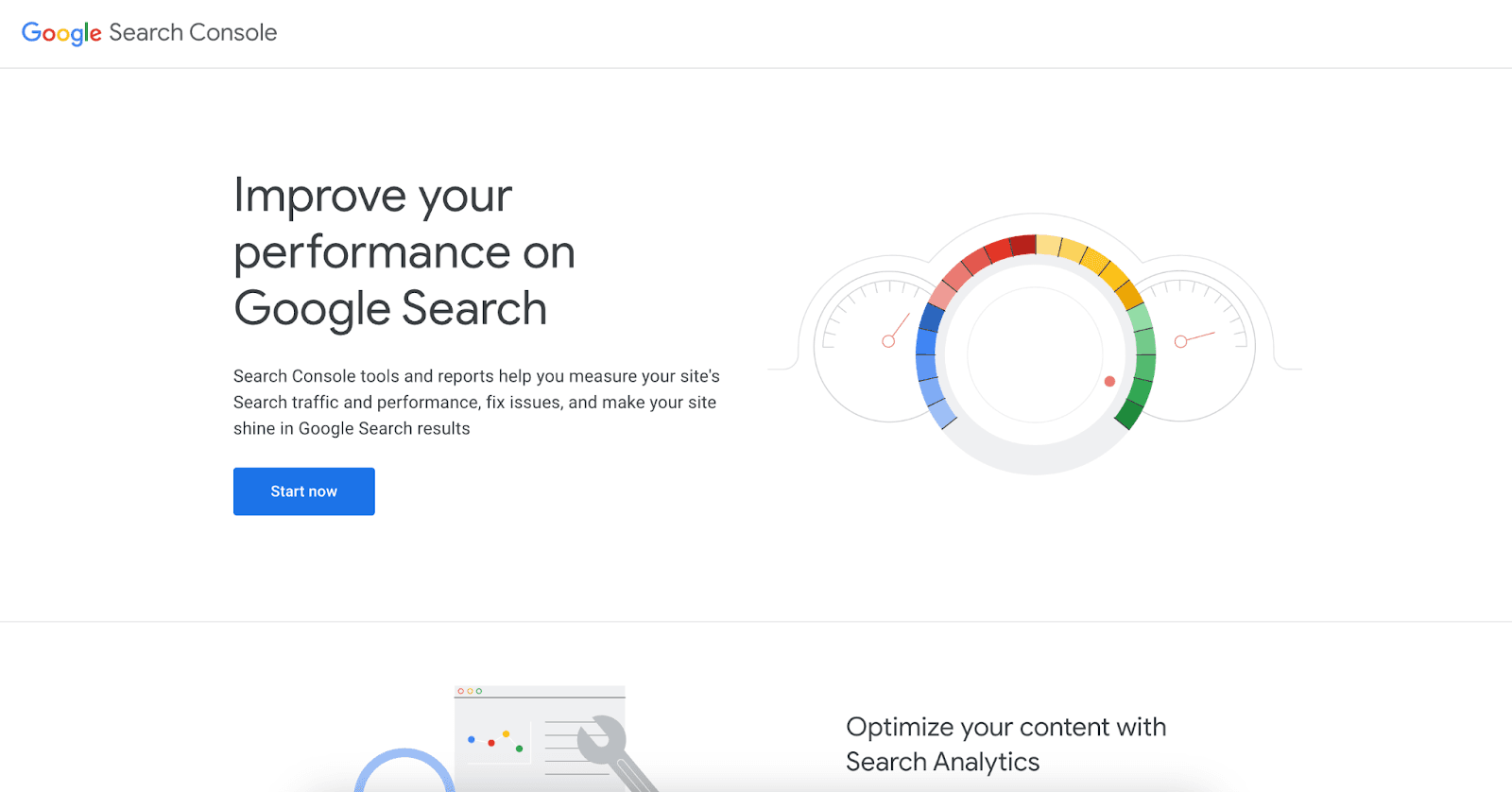
Google Search Console top features
Keyword performance tracking: Monitor marketing metrics like impressions, clicks, and CTR, specifically for search queries.
Index coverage reports: Identify indexing errors that may affect how your client’s site ranks.
Technical SEO monitoring: Spot mobile usability issues, Core Web Vitals, and other performance metrics.
Pricing
Google Search Console is completely free to use.
Display Google Search Console metrics alongside other campaign data with AgencyAnalytics. Deliver custom reporting that clients will love; sign up for a free 14-day trial today.
Best keyword monitoring tools: Summary
Tool Name | Best For | Cons | Pricing |
|---|---|---|---|
Moz Pro | Comprehensive keyword & SEO performance tracking | Limited backlink index; steeper learning curve | Starts at $99/month |
Ahrefs | Keyword research & competitor analysis | No free plan; higher cost compared to alternatives | Lite plan from $129/month |
Semrush | Position tracking & competitive keyword research | Expensive for small agencies; add-ons can quickly increase total cost | Business plan from $499.95/month |
AgencyAnalytics | All-in-one reporting–ideal for agencies tracking SEO and multi-channel efforts | May not be ideal for agencies seeking a standalone keyword tracker without broader reporting features | Agency plan starts from $179/month + $41.67/month for Rank Tracker |
Google Search Console | Tracking organic search performance (free must-have) | Limited to Google data only; no competitor rankings | Free |
Automate your keyword monitoring & SEO reporting
As we’ve covered, one of the best ways to track SEO progress is through keyword monitoring. And since each campaign involves multiple keywords, it will be increasingly difficult to focus on growing your agency without automation.
To sum things up, use a keyword rank tracking tool to:
Save time by automating rank checks and reporting.
Spot opportunities with real-time keyword and SERP insights.
Prove ROI by showing clients clear, measurable results over time.
Instead of manually collecting data across multiple platforms, invest in a comprehensive reporting tool that does the work for you. Consolidate data across Moz, Semrush, Ahrefs, and 80+ other platforms–all with minimal effort. Generate automated reports, track keyword rankings, and even access first-party data benchmarks–try AgencyAnalytics, free for 14 days.
We love using AgencyAnalytics, and of all the SEO tools we invest in, we consider this to be the most important one! When we’re able to clearly show a client their data, we improve client retention.

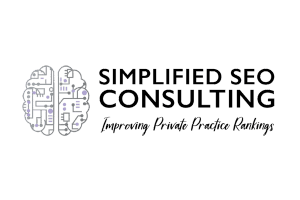

Written by
Richelle Peace is a writer with a degree in Journalism who focuses on web content, blog posts, and social media. She enjoys learning about different topics and sharing that knowledge with others. When she isn’t writing, Richelle spends time teaching yoga, where she combines mindfulness, movement, and her passion for wellness.
Read more posts by Richelle PeaceSee how 7,000+ marketing agencies help clients win
Free 14-day trial. No credit card required.



